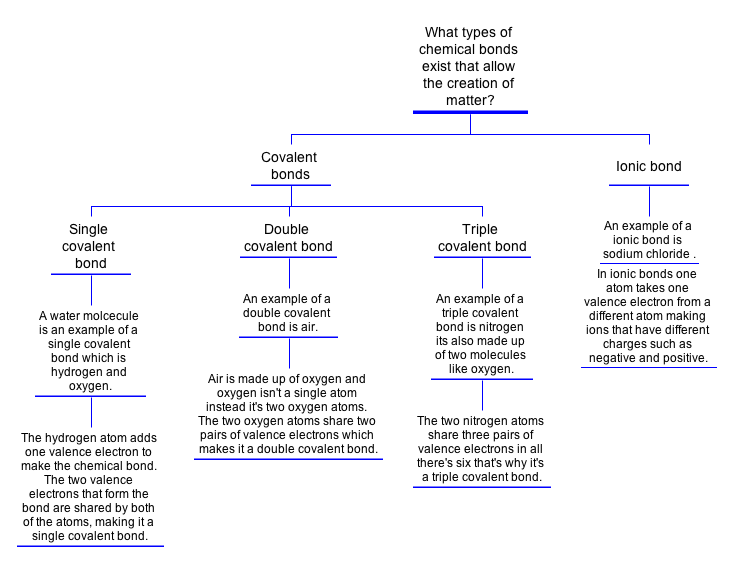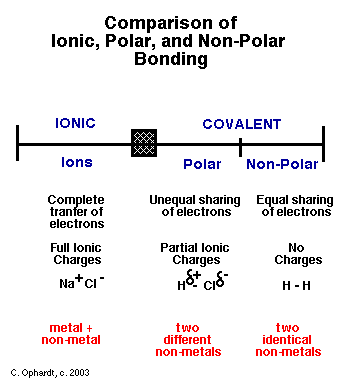Types Of Bonds
Post on: 26 Апрель, 2015 No Comment

When it comes to choosing the best bonds for you, there is no better than the amazing types of bonds. Find out what type best suits you.
Understanding convertible bonds is not as hard as we are lead to believe by the media. As the name implies, this is a bond that can be converted into the issuing company’s common stock; however it is different from a debenture which is unsecured since it doesn’t have any collateral (asset or lien) to back up the payment in case the issuer goes bankrupt. On the other hand, for a bond to be converted to stocks means that the investor (bond holder) now becomes a stock owner, giving him rights to the issuing company’s assets and earnings.
During the first period, when a convertible bond is issued, it acts the same as any corporate bonds but with lower yields (interest rate). This is because it can be converted to stocks and can benefit greatly from price increases. As the pricing in stock rise so does the bond until it reaches the agreed convertible price (the price when bonds can be exchanged for stocks or cash with equal value). However, once the stock pricing environment is less favorable, the bond cannot be converted which leads the holder receiving only the face value of the bond when it matures.
The Pros and Cons of Owning and Issuing Convertibles
Other than selling stocks, companies issue bonds as another means for them to gain funds. These are used for their operations and to pay-off other debts. With convertible bonds, they get to sell bonds paying its investors a much lower interest rate. In addition, when it’s exchanged to stocks, their debts disappear. However this action decreases the equity share of each stockholder as a new member enters their circle (this event is called stock dilution).
For bond investors, other than being able to convert their bonds into the issuing company’s stocks, they may also exchange these for cash (which is equal to the stocks’ value). They may do this once the price of their bonds reaches the convertible price. However once the bond attains the call price (a set price which is higher than the conversion price) the issuing company has the right to redeem it, forcing its conversion even before it matures. This is like holding a callable bond, where the issuer has the right to redeem the bond before it reaches maturity. Companies usually practice this to prevent a dilution in stocks (where the assets and earning of each stockholder decreases as they give a part of their shares to a new stockholder).
Investing in Convertibles
In buying convertible bonds, investors must take note of the company’s credit ratings. There are some financially weak companies that sell debts securities in order to lower their costs in financing, but have no plans of converting these to stocks. In addition, it allows them to pay only a small amount of interest compared to the yields presented in other corporate bonds.

It is best to invest in convertible bonds issued by companies with good credit record due to the possibility of their appreciating value. These companies usually issue this type of bond in hopes that once the value of their stock increases, the bond will be converted to common stocks. In other words they are indirectly selling their stocks at a higher price than its present value. For the bond owner it gives him the privilege of both enjoying the benefits of being a stockholder (especially when the stock’s value ascends in the market) and the security of being a bond owner (since he is paid the bond’s interest).
Reminders to Investors
Compared to other types of bonds, corporate bonds give the highest return to investors. However the risk involved in purchasing any corporate bond is undeniable, especially since companies who issue these can go bankrupt.
Before investing in corporate bonds, it is best to first understand how these work, especially the convertible ones. This includes learning how to handle a callable bond since convertibles can also be called when the bond reaches its call price. This way, any person investing in convertible bonds will surely reap its rewards.














